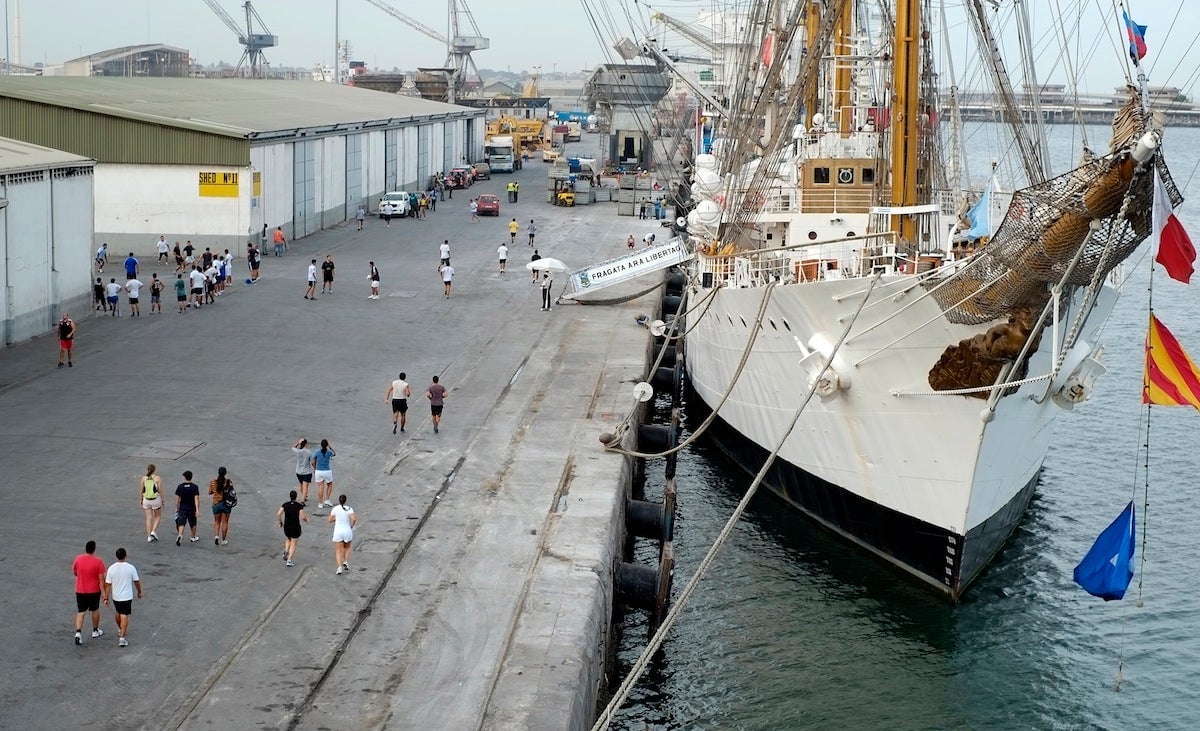Argentina won’t be defaulting this year, after all
Just when the fight over debt repayment between US vulture funds (or hold-out creditors, if you want to be less dramatic) and Argentina had reached a fever pitch, the US Court of Appeals has stepped in to settle things down—at least until February of next year.

Just when the fight over debt repayment between US vulture funds (or hold-out creditors, if you want to be less dramatic) and Argentina had reached a fever pitch, the US Court of Appeals has stepped in to settle things down—at least until February of next year.
What just happened?
Argentina needs to pay $3 billion to its recognized bondholders—those who after Argentina’s 2001 debt default agreed to take “haircuts”, i.e., get back only part of the money they were owed—by Dec. 15. A separate group of creditors, the hold-outs, who refused the haircuts and have been fighting Argentina for full repayment, obtained a controversial legal ruling from federal judge Thomas Griesa earlier this month. (These hold-out creditors are the people who seized the Argentinian navy’s training yacht, the Libertad, in Ghana in September.) The ruling forces the country to pay all its American creditors if it pays any of them, and with the hold-outs, that’s an extra $1.3 billion due on Dec. 15. Argentina refused to pay the hold-outs, and so a new default on all of its obligations loomed. The country requested a stay on the ruling, and today the US Second Court of Appeals obliged, giving everybody until Feb. 27 to prepare for a new hearing, ahead of the country’s next payment deadline in March. That means current bondholders can get paid, while the hold-outs continue to stew.
What’s going to happen in February?
Let’s outsource this to Felix Salmon:
My hope is that somewhere up the chain, principles of national sovereignty and smoothly-functioning markets will prevail, and Griesa will be overruled. But I have no idea where or when that might happen, or how likely it is. All I know for sure is that a lot of lawyers are going to be making an absolutely enormous amount of money in the next few months.
No, what’s really going to happen?
Whatever ends up being decided in the appeals court, you can expect the loser to take the case to the Supreme Court. At stake is more than just another Argentine default, though that would be a pretty big deal in itself. Although most sovereign-bond issues these days include clauses that force all a country’s creditors to accept a haircut if enough of them agree to it, there are still quite a few older bonds outstanding that don’t. If Griesa’s ruling sets a precedent, it would expose all those countries to similar problems if they defaulted.
In the meantime, it looks like Argentina is reconsidering its hard-line stance against paying the hold-outs. President Cristina Fernández is now talking about lifting the country’s “lock law” to re-open a debt exchange that would allow the hold-outs, who refused earlier settlements, to get paid for some of the value of their bonds. This probably won’t be enough to satisfy the vulture funds initially, but it is the first sign in a while that the country is considering paying the hold-outs anything at all. Most important, it could give the courts a better way to resolve the dispute than the one Griesa chose.
What about the boat in Ghana?
The boat is mostly leverage; the hedge funds in question don’t actually want a tall sailing ship, they want their money. Argentina is currently suing Ghana for what it believes is an illegal seizure of the boat, but if it doesn’t win that suit, it’ll either need to pay Ghana a bond for the ship or pay the vultures.